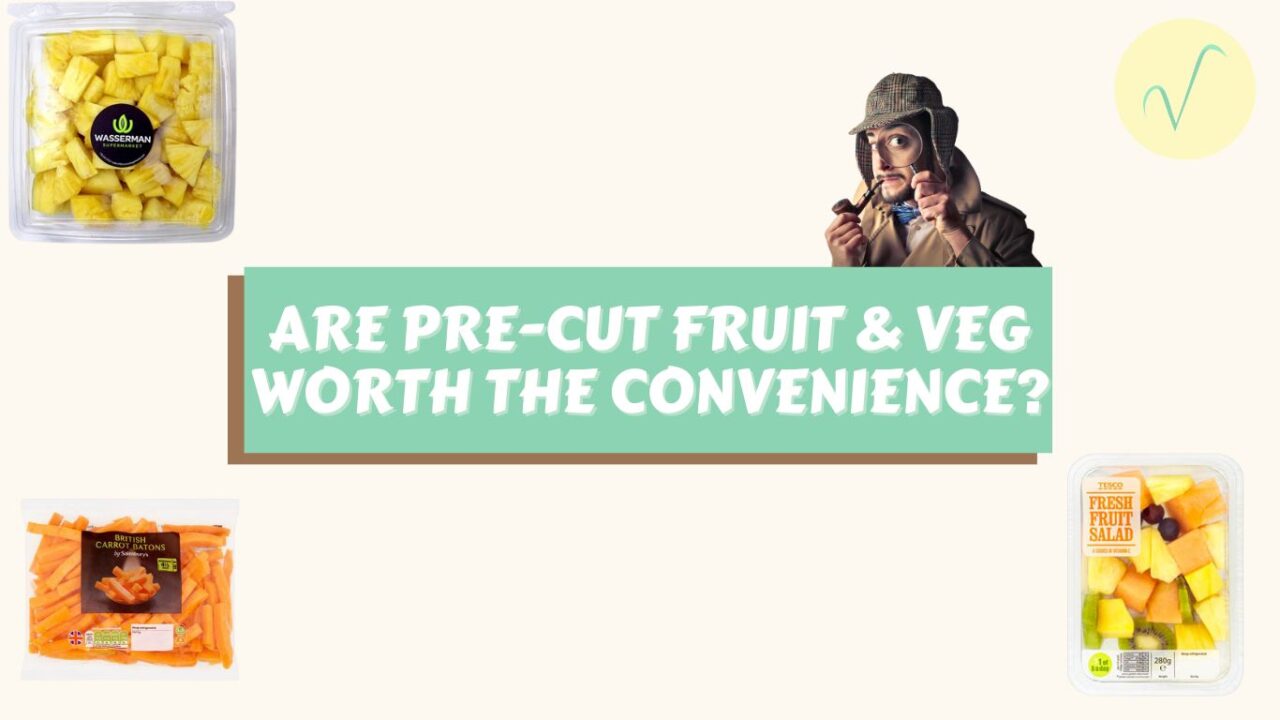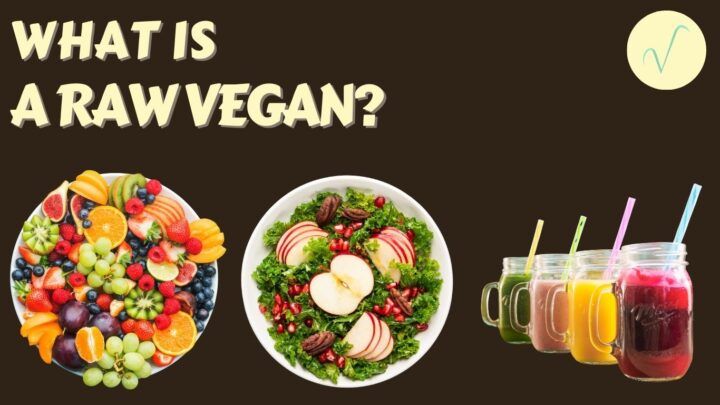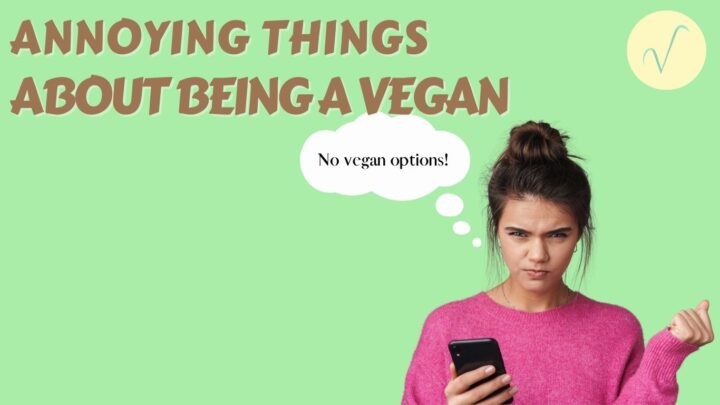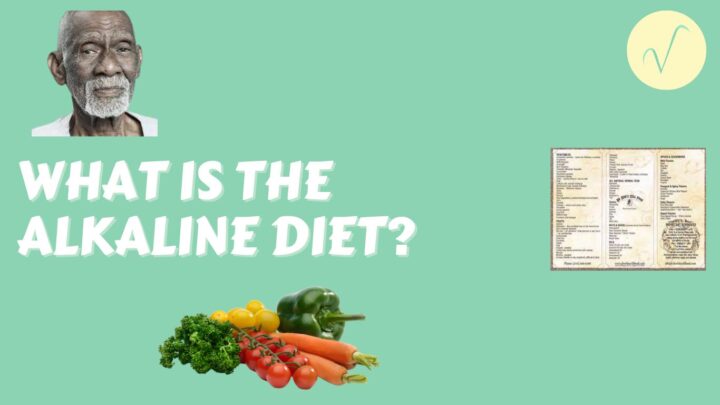It’s already a common misconception that if you were to adopt a vegan diet that you’d have to break the bank, as the all-too-common assumption is that the more fruit and veg you bring into the diet, the more expensive the lifestyle.
It is actually quite the opposite and vegan diets can prove to be a lot cheaper than diets revolving around animal products.
One main problem is that many people, both vegans and meat eaters alike, commonly buy pre-packaged foods, which eventually accumulates over time and leads to a lot of unexpected spending.
This post is going to explore the vegan ready-made/prepared foods that are simply not worth your money, and how much you could save by simply sacrificing the convenience factor of it.
It’s pointless to buy pre-sliced fruits and vegetables
This is one of the main products that inspired this whole post. I remember going into my office one morning and cutting up a pomegranate, spending 15 minutes coring it, for a big bowl of pomegranate bounty.
My colleague said that that’s so long and asked why I don’t just buy the one in the box. I then answered with how I get so much more from the fruit itself (with the exception of Tesco pomegranites that are practically empty).
You could save a lot of money if you stopped paying for convenience, especially when it comes to fruit!
The cost of pre-sliced fruit and veg
Going back to my point on saving money, I decided to see how much pomegranate boxes were in the supermarket.
Out of curiosity, I go into Tesco to see how much a box of seeds were, around 80g of seeds, for £1. Then I go to my local fruit market and see a whole pomegranate for £1.50, which yields an average 200-300g of seeds. At least 5 times the amount.
Another example being watermelon slices. You can buy a small box of 4 watermelon “fingers”, for £1, or a whole fresh watermelon, or even a larger segment of watermelon, which is almost definitely sweeter from the fruit market, yet again for a slight price increase.
On average costing about £1.5-£3.5, with each slice you get out of that segment, more than enough to give you your boxed watermelon fingers.
The cost of convenience
Okay, you may argue that watermelon and pomegranates may be worth the convenient boxes, to save the time of preparing them.
But this case is the same for sliced mangoes, sliced apple, and pineapple chunks (usually double the price of an entire pineapple for half the weight).
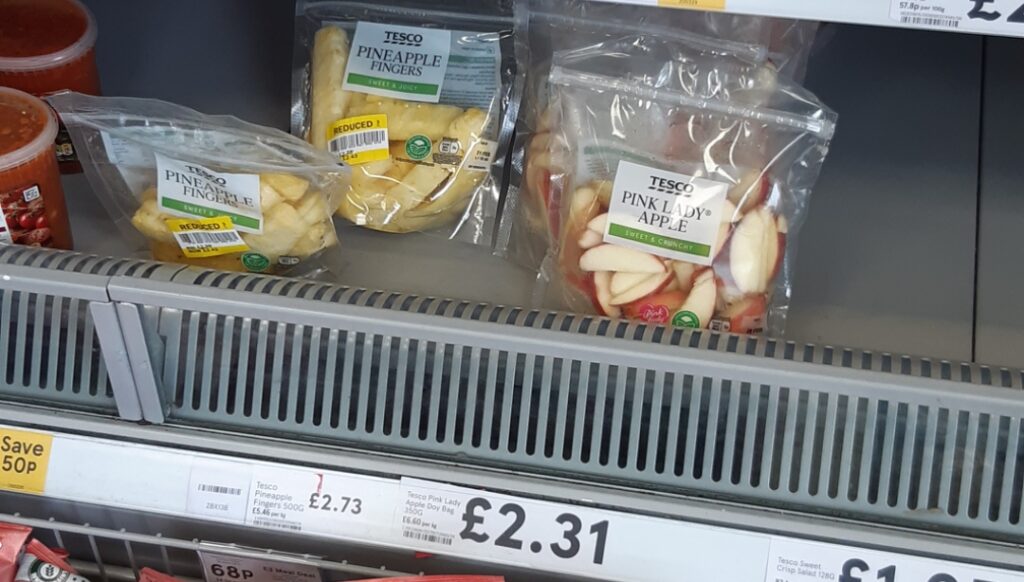
When it comes to lunches, I can understand it is convenient to have the hummus, cucumber and pepper in the same box, but it is certainly more convenient to your bank account. This is, if you had bought the ingredients individually, chopped the veggies, prepped the hummus and stored them in Tupperware.
I timed it, it takes me like 2 minutes to clean and chop 200g of mushrooms, perfect for the beginning of the week. Lasts 3/4 meals. My homemade hummus recipe is done in 5 and does the job, lasts half a week too!
If you were to take 10 minutes in your day for fruit and veg prep, you’d be able to save a good amount of money.
I’m sure if we were to look deeper into the rise in cost of fruit and veg you’d see the sources of these main expensive items coming from the pre-prepared range.
Is pre-sliced fruit and veg healthy?
Although choosing a box of fruit over a pack of skittles is healthier in any sense – Being mindful with your decisions is very important.
Nutrient loss from oxidation and peeled skin
Have you ever cut an apple and left it there for 5 mins? It instantly starts to brown, this is due to oxidation. Why it doesn’t stay like that in the pack? Likely due to the introduction of a preservative in its preparation.
Other than that, once you cut into a fruit, the fruit’s water naturally evaporates, meaning water soluble vitamins such as C and B-vitamins start to dissipate.
When it comes to your hummus and carrot stick boxes; bear in mind the nutrients from the carrot’s skin, which you could choose to keep on if you were to make from scratch, is also gone when you go for convenience.
This goes for potatoes, sweet potato, etc.
Pre-sliced fruit and veg is packaged in poor quality plastics too, so you wouldn’t want to make a habit of the only fruit you’re eating, coming from something that could be affecting your hormones over time.
Pre-cut fruit poses potential health risks
In this case regarding pre-cut melons, watermelon, etc, which are grown in the ground, the pathogens on the outer skin layer could potentially transfer to the inner flesh part of the fruit when cut.

According to this source, in 2018 there was a widespread salmonella outbreak due to pre-cut fruit. Bear in mind once salmonella has contaminated fruit, it only takes 30 minutes to to double.
Is it worth the convenience? If you buy you own melon, at least you now know to wash the outside of it beforehand.
Canned fruits in syrup and canned veg in brine
A lot of fruits come in either syrup or water, which of course, is nowhere near the nutritional capability as a fruit found in its raw form.
The thing to watch out for is for added sugars and salts when it comes to canned fruits, of course dependant on the fruit itself – But canned foods tend to lack as much integrity mainly due to the high concentration of preservative contents within.
Added sugars are a problem when it comes to eating fruit, as the natural fructose doesnt pose an issue when consumed in its natural form, once you add something refined like glucose syrup, then one may argue it does more harm than good.
Canned fruit is of course better than no fruit, by all means, all to their own, this is the same for veg, I personally prefer frozen over canned if I had a choice, which thankfully we do!
The environmental cost of pre-sliced fruit and veg
The world’s already in a plastic epidemic, which is destroying our oceans, polluting our airs and streets. According to the National Geographic, a whopping 91% of plastic is not recycled.
Sadly, there isn’t yet a perfect efficient, biodegradable packaging solution for all countries to adopt regarding non-plastic packaging for fruits and veg – Or at least everybody isn’t making use of as of yet.
But we can do our part; besides adopting a plant-based diet which is proved to have a smaller carbon footprint. We can make the conscious choice to limit our use of plastic packaging, sourcing our fruits and veg whole, and prepping them ourselves.
During lunch times, it’s extremely tempting to buy a sandwich and abox of prepped fruit or veggies and hummus for instance. But say the entire population of London alone did that every day, 5 days a week – I can’t even fathom how much plastic that is.

Do your part, even if you’re not an environmental type of vegan, meal prep is something that can benefit both the Earth’s environment, but also the bank account’s environment.
Buy a glass tupperware box, or a few, and make use of them. Long-term plastic exposure in the body is not good, it’s bad enough 99% of available spring water brands come in plastic bottles!
Is it worth buying ready meals?
I don’t buy ready meals as it reminds me of the struggle lifestyle which I don’t feel I need to be in. Which is ironically more expensive over time as it adds up, as compared to the regular buying of ingredients and turning them into a meal.
The nutritional profile of ready meals is usually questionable, more expensive for healthier options, and frankly, is usually almost always bought out of convenience in the first place.
Ready meals are the epitome of laziness in my eyes, personally, but we can’t always bash people for wanting convenience, sometimes we genuinely don’t have time.
The cost of eating ready meals on a daily basis
But another fact of it, especially as a vegan, is that our options provided by retailers are already limited, and marked up in price to meet the lower demand, so in reality when buying ready meals you’re compromising quality and your pocket.
As vegans we do have a responsibility to up the demand for vegan products, so that more are produced. Just make sure you don’t break the bank doing so, much like eating out which is obviously unsustainable to do every single day, you save it for special occasions or an emergency.
In this case, I’d probably keep a vegan ready meal in the freezer for a rainy day. Cook on a daily basis and when you don’t have time, go for the compromise.
Is it worth buying all these ready meals or home cooking?
Although time is an investment in itself, it’s still worth putting it in to learn how to cook proper meals. Rather than relying on pre-prepared low quality dishes, where you’d also be eating traces of the packaging they’re stored in.
For those who don’t cook much: Read from our best basic recipes range; for inexperienced cooks to get some easy to make vegan recipes with minimal ingredients.

